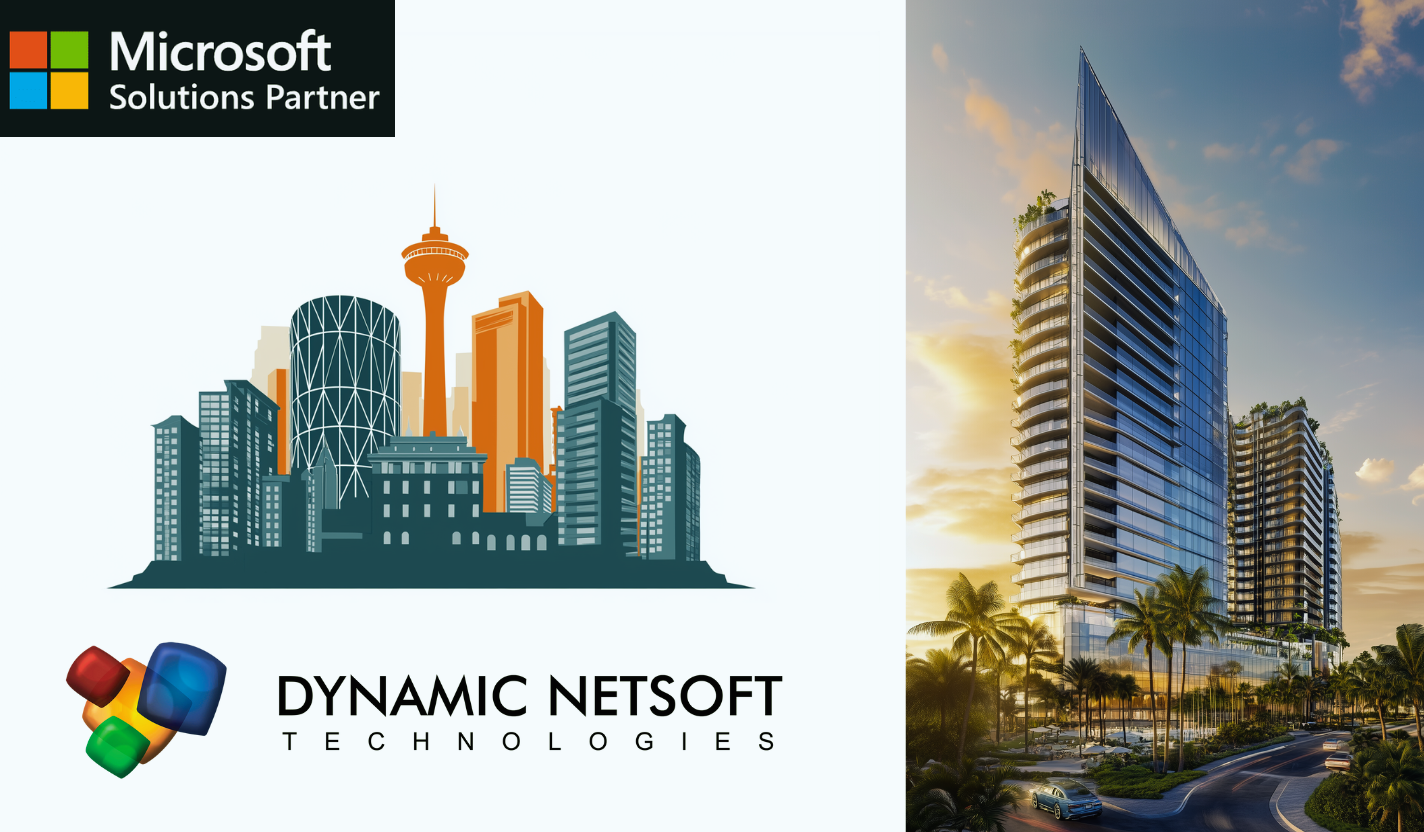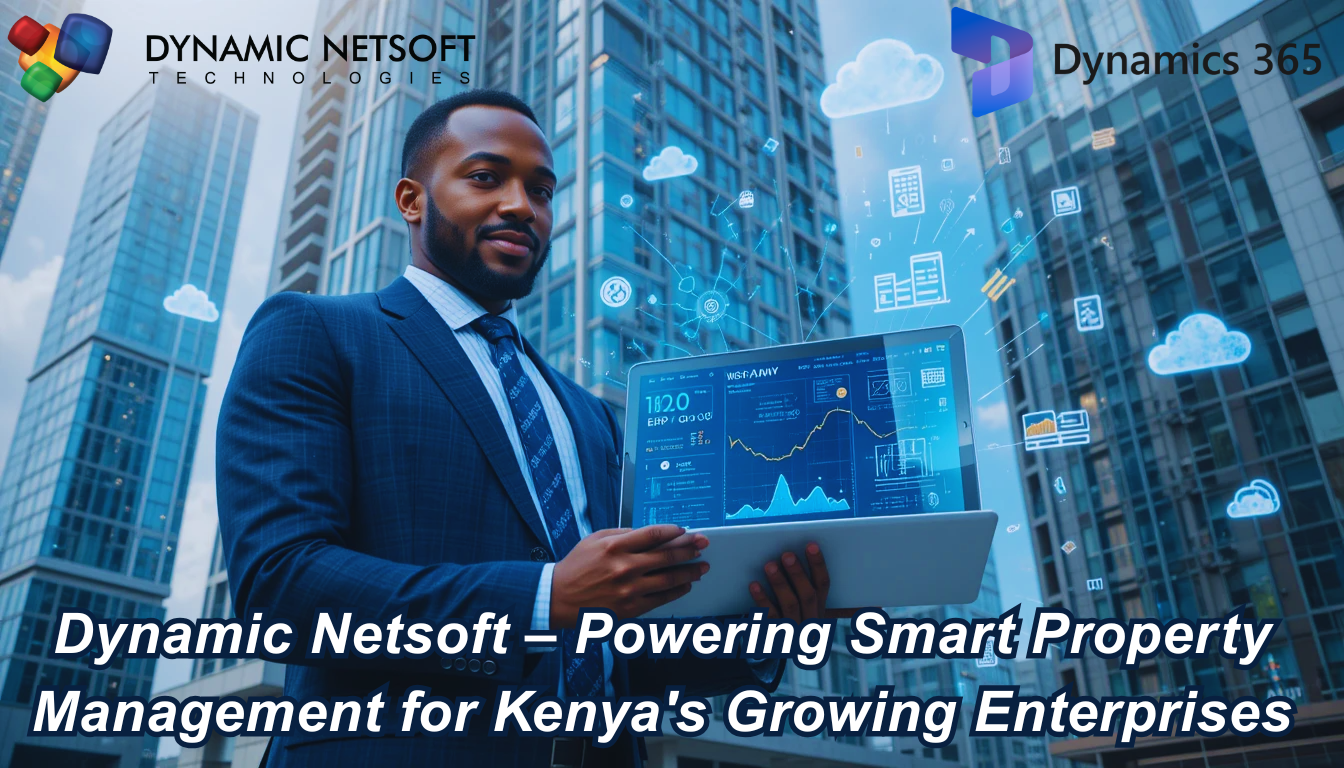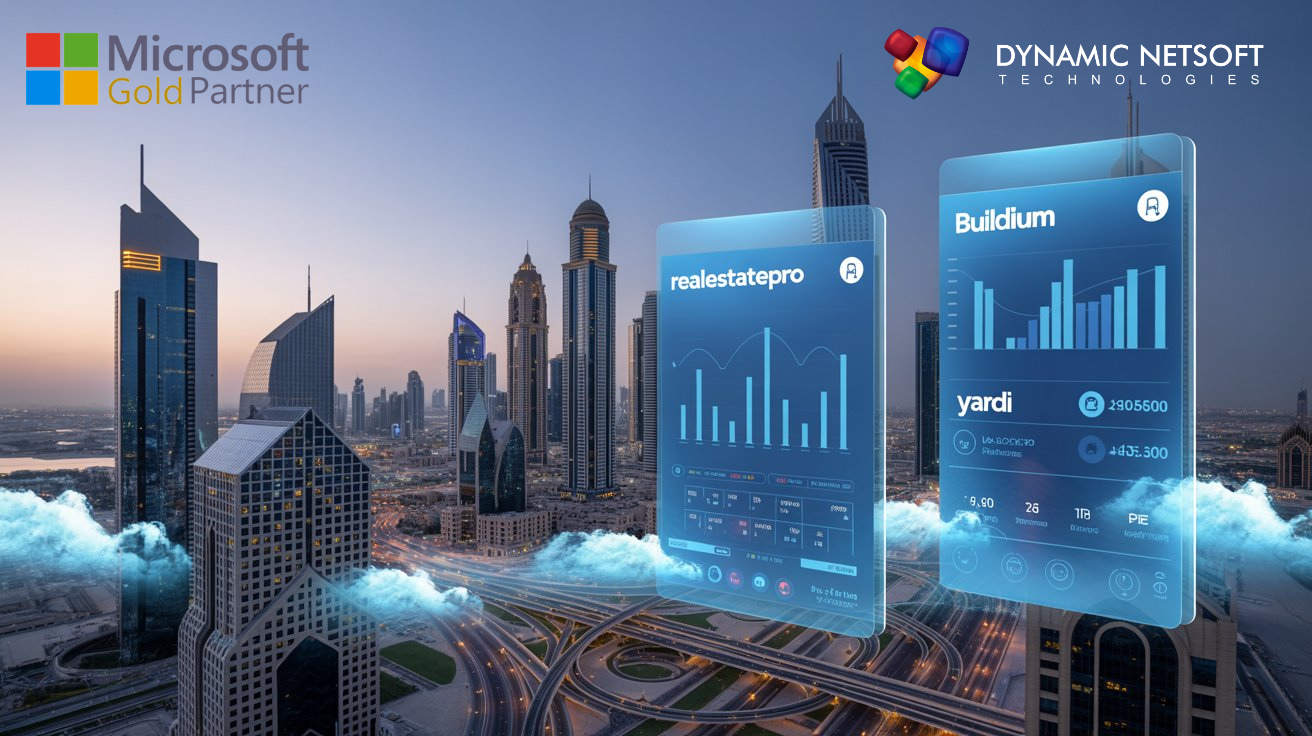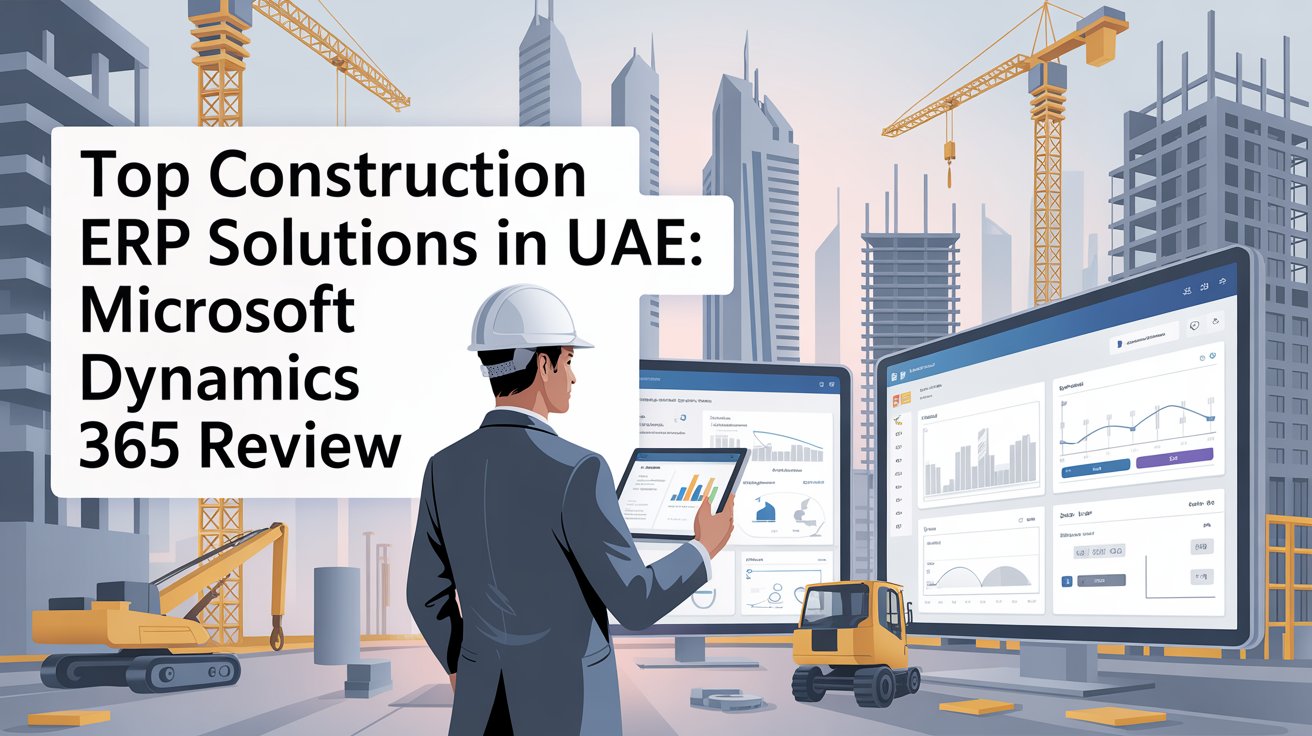Reinventing ERP: How AI and Microsoft Copilot Will Power Business in 2026
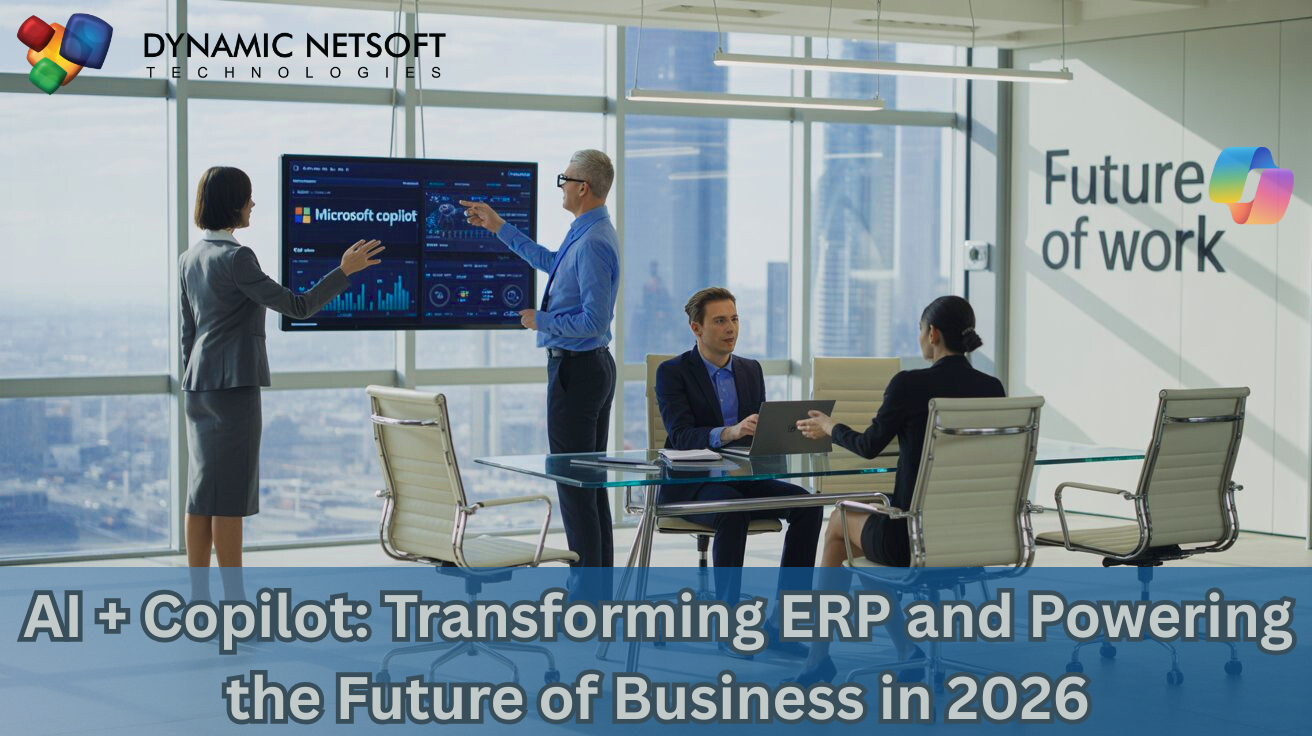
Strong 8k brings an ultra-HD IPTV experience to your living room and your pocket.
Reinventing ERP: How AI and Microsoft Copilot Will Power Business in 2026. Discover how businesses are transforming with AI-driven ERP systems, predictive analytics, and Microsoft’s groundbreaking Copilot.
1. Introduction
Enterprise Resource Planning (ERP) is undergoing a revolution, and 2026 will mark a decisive moment. As artificial intelligence (AI) and Microsoft Copilot redefine how businesses operate, the traditional ERP landscape is shifting from rigid systems to intelligent, adaptive platforms. This article explores how AI and Microsoft Copilot will power business in 2026, ushering in a new era of efficiency, collaboration, and decision-making.
2. Understanding ERP in Its Current Form
Legacy Systems and Limitations
Historically, ERP systems centralized business processes but often remained siloed, difficult to customize, and cumbersome to update. These monolithic architectures lacked agility, requiring extensive manual inputs and static reports that lagged behind real-time operations.
The Shift to Cloud-Based ERP
The rise of cloud platforms like Microsoft Dynamics 365 set the stage for transformation. Cloud ERP enabled modular architectures, continuous updates, and remote accessibility—paving the way for AI integration and smarter business processes.
3. The Role of AI in Transforming ERP
Machine Learning Enhancements
AI introduces dynamic learning models that analyze patterns, predict outcomes, and adapt over time. In ERP, this means forecasting demand, preventing equipment failures, and automatically adjusting procurement strategies.
Predictive Analytics for Smarter Decisions
Instead of looking at what happened, predictive analytics powered by AI looks ahead. CFOs and managers gain foresight into cash flow, inventory needs, or production bottlenecks, making decisions faster and more accurately.
4. What is Microsoft Copilot?
Core Features of Microsoft Copilot
Microsoft Copilot is a next-generation AI assistant that operates across Microsoft 365 and Dynamics 365. It leverages large language models (LLMs) to understand natural language commands, automate tasks, and provide contextual insights within ERP systems.
Integration with Microsoft Dynamics 365
Copilot seamlessly integrates with Dynamics 365 modules—Finance, Sales, HR, Supply Chain—making it the perfect AI companion to unlock ERP efficiency. It doesn’t replace users; it augments their capabilities.
5. How Copilot is Redefining ERP Interfaces
Conversational UI and Natural Language Processing
Typing SQL queries or navigating complex dashboards is becoming a thing of the past. Copilot lets users ask, “What are my top five overdue invoices?” and delivers instant, clear answers—just like chatting with a teammate.
Task Automation and Smart Suggestions
Copilot auto-generates reports, drafts emails, and suggests the next best action based on business context. It works quietly in the background while enhancing productivity at every level.
6. Data-Driven Decision-Making with AI and Copilot
Real-Time Insights Across Departments
From sales trends to warehouse movements, AI-powered ERP provides live analytics dashboards tailored to every role. Executives, managers, and frontline workers all get the insights they need—when they need them.
Customized Dashboards and KPIs
No more one-size-fits-all reports. Copilot builds personalized dashboards with the KPIs that matter to your role, department, or project. Decision-making becomes immediate and strategic.
7. Industry Use Cases of AI-Powered ERP in 2026
Manufacturing and Supply Chain Optimization
Predictive maintenance, demand forecasting, and real-time supply chain visibility allow manufacturers to reduce downtime and streamline logistics. AI helps manage everything from inventory levels to delivery routes.
Retail and Inventory Management
Copilot forecasts sales trends, automates reorders, and suggests promotions based on historical data and seasonal patterns. Retailers avoid stockouts and overstock situations, saving time and money.
Finance and Compliance Reporting
AI automates reconciliations, flags anomalies, and ensures compliance with evolving regulations. CFOs can rely on real-time visibility into every financial metric.
8. Intelligent Workflow Automation
AI-Enabled Process Mining
AI maps and monitors workflows, identifying inefficiencies and recommending optimizations. Businesses gain a clear view of where time and resources are being wasted.
Hyperautomation and RPA Integration
Combining Robotic Process Automation (RPA) with AI leads to hyperautomation—automating end-to-end processes with minimal human intervention.
9. Enhanced Collaboration and Remote Work Enablement
Copilot-Powered Communication Tools
From drafting client responses in Outlook to summarizing Teams meetings, Copilot acts as a smart assistant in daily communication, keeping teams aligned.
ERP Mobility and Access Anywhere
AI-powered ERP platforms enable mobile access with full functionality, empowering remote teams to work productively without compromise.
10. Security and Privacy Considerations
AI and ERP Data Protection
Security remains paramount. Microsoft integrates AI tools with advanced encryption, role-based access, and threat detection, ensuring data integrity.
Microsoft’s Compliance Framework
Built to comply with global regulations like GDPR, HIPAA, and ISO, Microsoft Copilot supports responsible AI use in enterprise environments.
11. Challenges in AI Adoption within ERP
Change Management and User Training
While the benefits of AI are immense, rolling out AI-powered ERP isn't plug-and-play. Companies often face resistance to change. Training staff to trust and use AI tools like Copilot is a vital step in ensuring adoption and success.
Data Silos and Integration Hurdles
Many businesses still operate with fragmented data systems. Integrating AI requires unified data lakes or at least APIs that allow seamless data access across departments. Without proper integration, AI insights remain shallow or skewed.
12. Skills and Workforce of the Future
New Roles in AI-Augmented ERP
As AI takes over repetitive tasks, employees will move into more analytical and strategic roles. New job titles such as “AI Operations Specialist” and “Copilot Integration Analyst” are emerging, bridging the gap between tech and business.
Training Employees for 2026 ReadinessTraining Employees for 2026 Readiness
Upskilling is non-negotiable. Organizations must invest in continuous training programs focusing on data literacy, AI tool usage, and digital collaboration. Microsoft already offers certifications for Dynamics 365 and AI integrations.
13. ROI and Business Benefits
Cost Savings Through AI Optimization
AI improves process accuracy, reduces manual errors, and lowers operational costs by streamlining supply chains, forecasting accurately, and automating workflows.
Productivity and Time-to-Value Improvements
With AI and Copilot, tasks that once took hours, like generating custom reports, are done in minutes. This acceleration translates to faster project deliveries and a significantly improved time-to-value ratio.
14. Competitive Advantage through ERP Innovation
Early Adoption and Market Leadership
Early adopters of AI-driven ERP systems position themselves as leaders. With the competitive landscape becoming increasingly digital, companies leveraging AI will outperform slower competitors on every front—from cost to innovation.
Continuous Innovation Cycles
With AI integrated into ERP, innovation becomes a continuous process. Businesses gain the ability to evolve quickly based on market data, internal performance, and customer behavior.
15. How to Prepare for the 2026 ERP Shift Today
Strategic Roadmapping
Start by assessing your current ERP maturity level. Define future goals, identify gaps, and create a roadmap that includes AI integration, Copilot deployment, and change management strategies.
Partnering with Microsoft Ecosystem
Engaging Microsoft-certified partners ensures smoother deployments and access to best practices. From solution architects to Dynamics 365 consultants, the right team accelerates your transformation journey.
16. Frequently Asked Questions (FAQs)
1. What is Microsoft Copilot in ERP?
Microsoft Copilot is an AI assistant embedded in Dynamics 365 that helps users with tasks, data analysis, and decision-making through natural language commands.
2. Can Copilot be customized for specific industries?
Yes. Copilot offers industry-specific models and configurations tailored to sectors like manufacturing, finance, retail, and healthcare.
3. Is Copilot available for all Microsoft Dynamics 365 modules?
Copilot is being progressively rolled out across all major Dynamics 365 modules, including Finance, Sales, Supply Chain, and HR.
4. What are the main benefits of AI in ERP?
Key benefits include predictive analytics, real-time reporting, automated workflows, enhanced user experience, and operational efficiency.
5. Will AI replace jobs in ERP systems?
AI will augment rather than replace jobs. While repetitive tasks are automated, new roles focused on AI management and strategic analysis are emerging.
6. How secure is Microsoft Copilot in handling enterprise data?
Copilot follows Microsoft’s enterprise-grade security framework, offering compliance with global regulations and robust data encryption protocols.
Conclusion
As we approach 2026, the era of reinventing ERP is no longer speculative—it’s inevitable. The fusion of AI and Microsoft Copilot with ERP systems marks a quantum leap in how businesses plan, act, and adapt. From smarter decision-making to agile operations, this transformation empowers companies to do more with less and innovate without limits.
Companies that act now—by investing in skills, infrastructure, and AI-ready ERP platforms—will lead the way in this bold new chapter of digital transformation. The time to prepare for the future is now.
Note: IndiBlogHub features both user-submitted and editorial content. We do not verify third-party contributions. Read our Disclaimer and Privacy Policyfor details.



